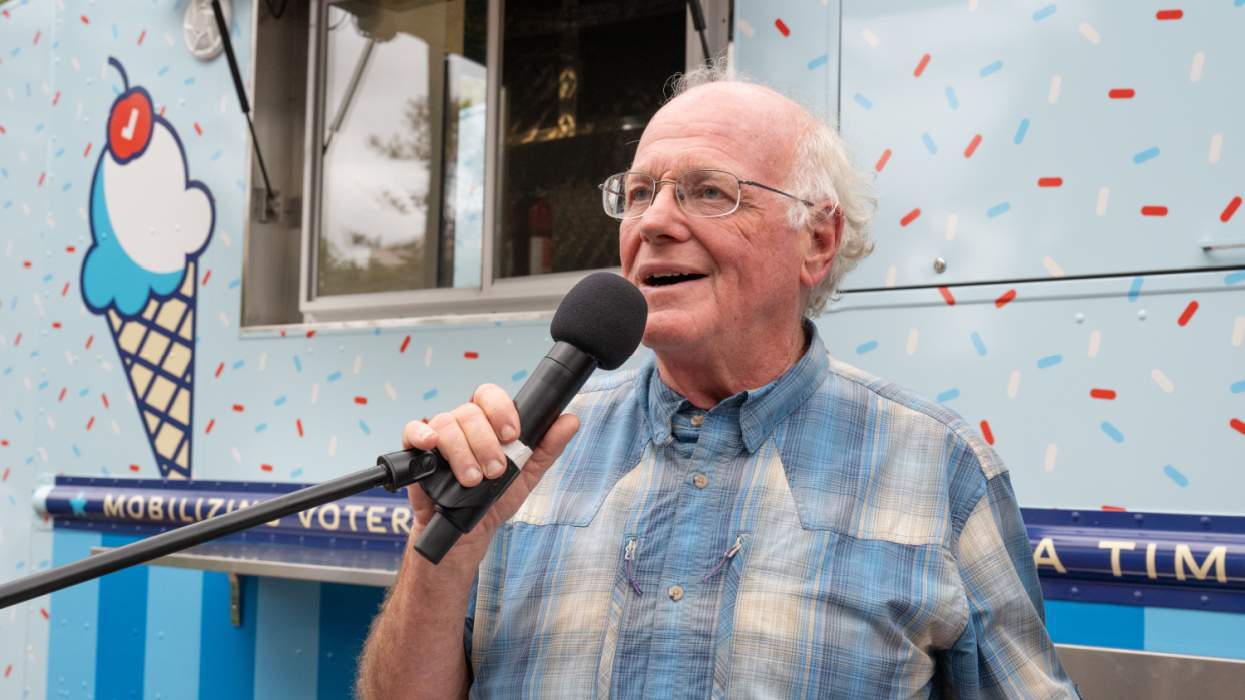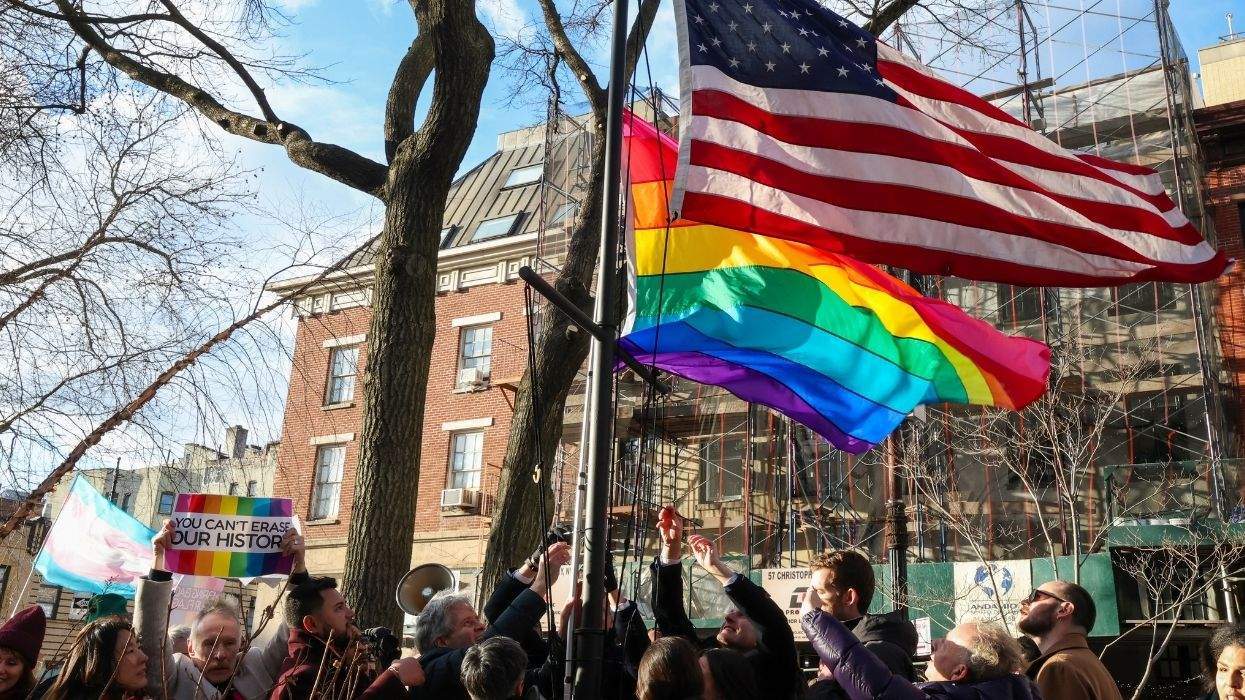Florida Rep. Michele Rayner has caught some heat in Florida for supporting a ban on minors using social media. But she didn’t expect people she normally counts as political allies to attack her dead mother.
“But I was able to navigate through it, right. I was able to pull it together. I have the skills to do it,” Rayner said. “But what I can't understand is why we want our babies — our 13-year-olds, our 15-year-olds, our 11-year-olds — to be able to navigate this and have to deal with the same thing.”
The out Democrat helped craft legislation passed Wednesday by the Florida House of Representatives that would prohibit minors under the age of 16 to open social media accounts. It would also require the platforms to delete any existing accounts registered to minors in that age group right now.
The bill was championed by Republican House Speaker Paul Renner, who has fought Rayner on a variety of anti-LGBTQ+ bills passed in the last year from an expansion of Florida’s “don’t say gay” law to gender segregation of public restrooms. Rayner famously called a host of discriminatory bills passed in 2023 as a “Thunderdome of Hate.”
But she’s also been outspoken on the impact of social media on the mental health of youth. She has worked on prior youth protection legislation with the Republican sponsor of the social media ban, Florida state Rep. Tyler Sirois. He turned to Rayner, a civil rights attorney, to craft legislation that could block minors from accessing social media without running afoul of the Constitution.
Rayner in debate on the House floor this week made a flip comment about when children enjoy the full protection of constitutional rights — the Supreme Court has ruled they can be overruled for children when there’s a compelling state interest — and she invoked her own childhood.
“I grew up in a household where my mama told me that until I paid some bills at her house, I didn’t really have any First Amendment rights,” Rayner said on the floor.
That prompted scorn not only for Rayner, but her mother, who died last May. Today, she read some of those comments on the floor.
‘Your mother sucks.’
‘Your mother was wrong.’
‘It's deplorable that you're speaking of your dead mother.’
‘Your mother was stupid.’
“And I had to respond, ‘well, thank you for your input,’” Rayner recounts.
Of note, critics of the legislation include LGBTQ+ activists. Maxx Fenning, executive director of PRISM Florida, testified at a committee hearing on January 17 that the bill could restrict youth from accessing valuable sexual health resources.
“We know the kind of content that members of this Legislature find to be inappropriate for minors,” Fenning said, “and oftentimes, that includes LGBTQ+ content and purely educational content about things like sexual health, their identities and the real world around them.”
Rayner, though, said the ills of social media outweigh the positives. She said it’s important to remember that companies behind platforms ultimately care more about mining data than building welcoming communities and will choose to improve the bottom line over preserving mental health every time.
“I have to be clear with you they are doing it on the backs of our children and they don't care,” Rayner said. “These companies are aware of their addictive design and deceptive patterns with autoplay and infinite scroll, and they often use updates to increase the addictiveness.”
She also specifically cited tragedies impacting LGBTQ+ that stemmed from social media. Those included the death of Tyler Clementi, a gay Rutgers freshman who died by suicide after a roommate live-streamed video of him having sex with another man and posted it on Twitter.
More to the point with youth, she told the story of Rebecca Sedwick, a Florida 12-year-old who died by suicide following cyberbullying, and of Channing Smith, a Tennessee teenager outed as bisexual when friends shared private text messages online who also died by suicide.
“I want you to look at their parents and say that the First Amendment's and that judicial scrutiny is more important than their child's life,” Rayner said. “I want you to look in their face and say, ‘Well, you know, because we don't really know, we don't really understand, we're just not going to act because your child's life is not that important.
“The fight for our children. The fight to protect them on social media is a fight that I will take every day and twice on Sundays.”















